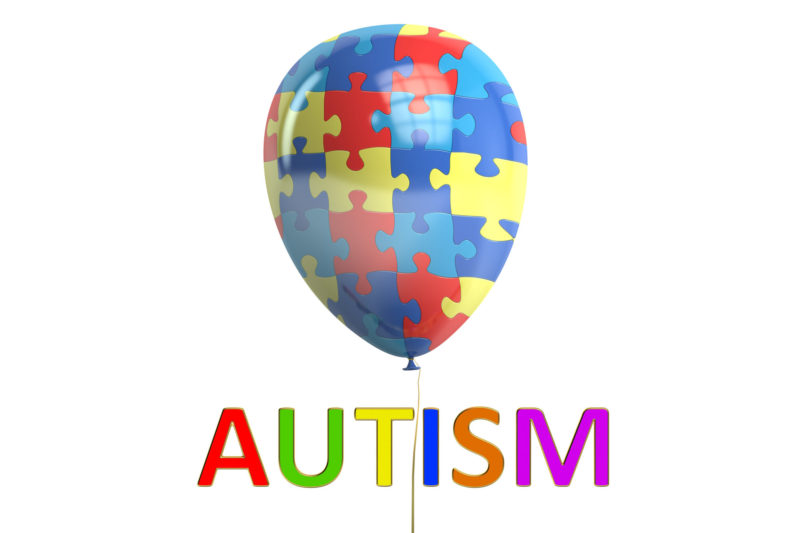For over 50 years the Autism Society has provided services and programming to support individuals living with autism. National Autism Awareness Month, observed every April, has been an occasion to promote awareness of autism and work to ensure that each person with autism spectrum disorder (ASD) can achieve the highest possible quality of life.
Autism spectrum disorder is a complex developmental disability that affects a person’s ability to communicate and interact with others. Signs of autism, which usually appear early in childhood, are: delayed learning of language; little or no eye contact with other people; lack of interest in peer relationships; lack of spontaneous or make-believe play; fixation on particular objects; difficulty with executive functioning (which relates to reasoning and planning); narrow, intense interests; poor motor skills; repetitive use of language; repetitive movements (such as hand-flapping); and sensory issues. ASD is a “spectrum condition” that affects individuals to varying degrees. A diagnosis of autism spectrum disorders reflects the number and severity of these behaviors a person shows.
In 2016, the Centers for Disease Control and Prevention reported that the prevalence of autism in the United States was 1 in every 68 births, and 1 in every 54 boys. The overall prevalence in 2016 was twice the rate in 2004, which was 1 in every 125 births. Autism services cost U.S. citizens $236 to $262 billion annually. Most of this amount is for adult services—$175–$196 billion, compared to $61–$66 billion for children. Cost of lifelong care can be reduced by two-thirds with early diagnosis and intervention.
Autism is treatable. Studies show that early diagnosis and intervention can change lives. Intervention plans must be unique to the individual, but they usually involve behavioral treatment, medicines, or both. Early behavioral treatment requires intensive collaboration between a child’s family and a team of professionals and may consist of parent training and individual therapy in a special center or classroom. Many people with ASD have other associated medical conditions, such as sleep disturbance or seizures, and improving these conditions can improve attention, learning, and behavior. Different interventions are needed as a child develops and acquires social and learning skills—for example, specialized social skills training may be help children with autism when they enter school. Adolescents with autism can benefit from supportive services that help them transition to employment and independence as adults.
According to Autism Speaks (www.autismspeaks.org), a small minority of people with ASD progress to the point that they no longer meet the diagnostic criteria for autism. These individuals may have been misdiagnosed, may have “matured out” of some symptoms, or may have responded especially well to treatment. Some individuals have the “best possible outcomes”; their test scores are within normal ranges for IQ, language, functioning, school placement and personality, but they still have mild symptoms on some personality and diagnostic tests.
This April, the Autism Society also wants to encourage people and groups to become partners in a movement toward accepting and appreciating people with ASD and including them in our schools and communities in a way that reflects true appreciation of the unique qualities of all people. “We want to get one step closer to a society where those with ASDs are truly valued for their unique talents and gifts,” says the Society’s website.



